The ‘it couldn’t happen to us’ assumption is a dangerous one to make, as these case studies of corruption clampdowns across the world prove
Risk management and insurance intermediary Willis’s fine late last month of £6.89m (€7.9m), over failings in its anti-bribery and corruption systems and controls, represents the biggest fine imposed by the FSA in relation to financial crime systems. Willis allegedly made payments of £27m to overseas third parties that assisted it in winning and retaining business from overseas clients, particularly in high-risk jurisdictions.
Even while the FSA investigation was under way, Willis identified as suspicious several payments totalling $227,000 (€165,000), which it made to two overseas third parties in respect of business carried out in Egypt and Russia. These were reported to the Serious Organised Crime Agency (SOCA).
SOCA acting director of enforcement and financial crime Tracey McDermott makes clear what is at stake for companies: “The action we have taken against Willis shows that we believe it is vital for firms not only to put in place appropriate anti-bribery and corruption systems and controls, but also to ensure that those systems and controls are adequately implemented and monitored.”
Anyone thinking of taking her words with a pinch of salt need look no further than these top fines extracted from companies - mainly by US authorities - which make Willis’s appear mild.

‘Bonny Island’ scandal
Involving high-level bribery of Nigerian officials in connection with a massive liquefied natural gas plant, this case snagged two of the all-time big-five fines. The bribes were paid to well-placed officials in the Nigerian government from 1995 until 2004 and resulted in contracts - valued at more than $6bn (€4.3bn) - to build liquefied natural gas facilities on Bonny Island, Nigeria. Last year the US Securities and Exchange Commission (SEC) charged Italian company ENI and its former Dutch subsidiary Snamprogetti Netherlands with implication in the scheme, which included deliveries of cash-filled briefcases and vehicles to Nigerian government officials to win deals.
Snamprogetti and ENI jointly paid €91m to settle the SEC’s charges, with Snamprogetti paying an additional €175m penalty to settle separate criminal proceedings brought by the US Department of Justice. The €266m paid by ENI and Snamprogetti brought the total sanctions against the companies involved in the scheme to more than €933m (see KBR).
“This elaborate bribery scheme featured sham intermediaries, Swiss bank accounts, and carloads of cash as everyone involved made a concerted effort to cover their tracks,” says the SEC’s Division of Enforcement director, Robert Khuzami. “But the sanctions paid by these companies show that ultimately, there is no hiding or profiting from bribery.”

BAE Systems
Admitting guilt in February 2010 to criminal charges, the aerospace specialist paid one of the largest ever fines over alleged corporate bribery after striking a deal to end transatlantic corruption probes that entangled it for years. The deal cost the group almost $450m (€332m) - the bulk of it in the USA. But it stopped the company from being barred from government defence contracts in the USA and elsewhere that underpin its business. The deal immediately sparked debate over whether BAE had got off lightly after eight years of investigation in London and Washington.
Under the settlement - the first co-ordinated transatlantic deal in a corporate bribery case - BAE agreed to pay a €292m fine in the USA and pleaded guilty to one charge of conspiring to make false statements to the government in connection with regulatory filings and undertakings.
In Britain, the company paid £30m (€34.5m) and pleaded guilty to a minor accounting offence. While the UK settlement involved admissions of wrongdoing only in relation to the company’s sale of a radar system to Tanzania, the broader US deal covered central Europe as well as the company’s huge and controversial Saudi Arabian arms sales.

Kellogg, Brown and Root
In February 2009, the US Department of Justice fined Kellogg, Brown and Root (KBR) - a former subsidiary of the Halliburton Corporation - a total of €420m for its involvement in a decade-long scheme to bribe government officials in Nigeria in exchange for construction contracts on Bonny Island. The fine, imposed following five years of multi-jurisdictional investigations, was the largest ever for a US company under the Foreign Corrupt Practices Act. The act forbids the bribing of foreign government officials to obtain or retain business overseas.
KBR entered guilty pleas to a five-count criminal information in the federal court in Houston, Texas, and agreed to pay €292m in criminal fines. (KBR Inc and Halliburton jointly agreed to pay €128m in forfeited profits to the US Securities and Exchange Commission in a concurrent civil action without admitting wrongdoing.)
The plea was the partial culmination of no less than five international investigations, including French, American, Swiss, Nigerian and British authorities, which had spent years unravelling what happened behind the scenes of one of the most expensive construction projects in African history.

Thales
In June last year French state and defence electronics group Thales was hit with a record fine of €630m for bribes in the 1991 sale of frigates to Taiwan.
French defence minister Gérard Longuet said the government had agreed with Thales that the decision, which upheld a lower court’s ruling, should not be appealed. He explained at the time: “There won’t be an appeal at the request of Thales, which considers that it would not be good publicity for it.”
France’s conservative prime minister, François Fillon, pinned the blame for the case on the socialist government of former president François Mitterand. The case centred on allegations that bribes were paid to secure a deal to sell the Taiwanese navy six Lafayette-class frigates built by French industrial group Thomson-CSF - which has since become Thales - and the state-owned naval shipyard DCN.
The Paris Appeals Court confirmed the 2010 decision of an arbitration court, imposing a fine of more than €435m, to be paid to the Taiwanese state. The cost of interest raised the total to €630m, making it the biggest ever in a French corruption case. The French state’s share of the fine was €460m, with Thales picking up €170m.

Siemens
The German engineering group agreed to pay fines from the US and German authorities amounting to €1.2bn in December 2008 - the largest such penalty in bribery history. The US Justice Department fined the company and its subsidiaries in Argentina, Bangladesh and Venezuela €326m for violations of the US Foreign Corrupt Practices Act, while the parent company agreed to further fines of €253m to settle charges laid by the US Securities and Exchange Commission. Siemens also paid a total in fines of about €619m to the Office of the Prosecutor General in Munich.
“For much of its operations across the globe, bribery was nothing less than standard operating procedure for Siemens,” says acting assistant attorney-general Matthew Friedrich. Transactions on which Siemens paid bribes included the construction of metro transit lines in Venezuela; metro trains and signalling devices in China; power plants in Israel; mobile phone networks in Bangladesh; telecommunications projects in Nigeria; ID cards in Argentina; medical devices in Vietnam, China and Russia; traffic control systems in Russia; refineries in Mexico; and mobile networks in Vietnam.
Siemens also paid kickbacks to Iraqi ministries in connection with sales of power stations and equipment to Iraq under the United Nations Oil for Food Programme. The SEC’s Linda Thomsen notes: “The scope of the bribery scheme was astonishing, and the tone set at the top at Siemens was a corporate culture in which bribery was tolerated and even rewarded at the highest levels.”





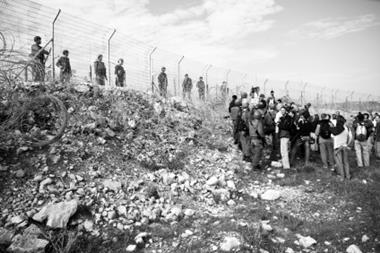
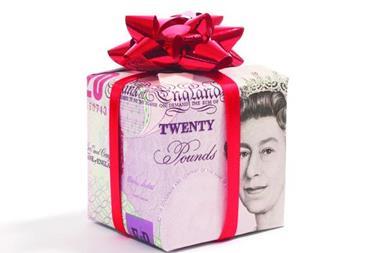
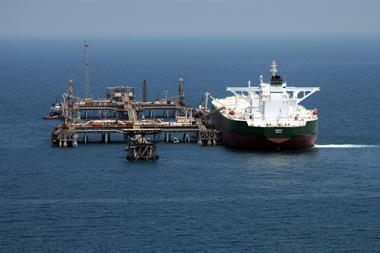
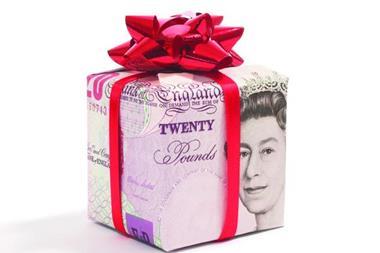



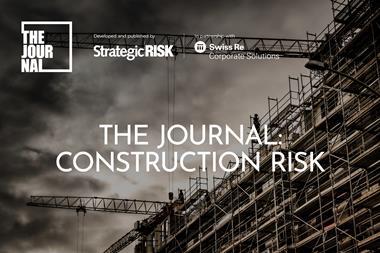

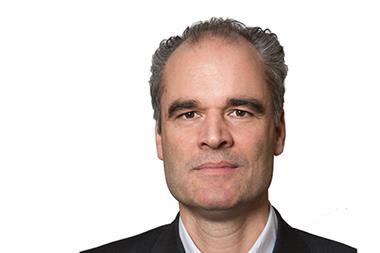

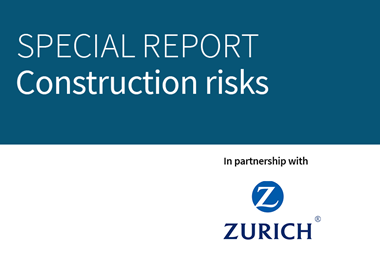



No comments yet